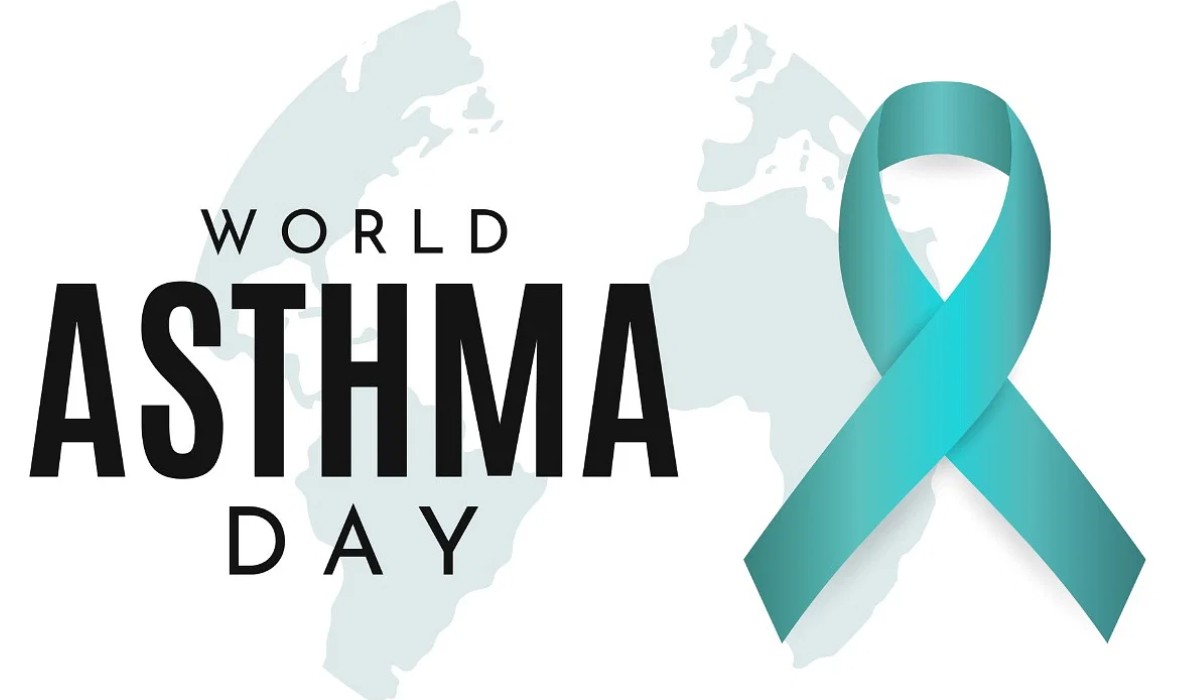Asthma is a chronic respiratory condition characterized by inflammation and narrowing of the airways, leading to breathing difficulties. Early recognition of common signs and symptoms is crucial for timely intervention and appropriate treatment. Here’s what you need to know to identify asthma and seek proper care.
Respiratory Allergies:
Early signs of asthma often present as allergies affecting the nose and throat. These may include:
- Runny or Stuffy Nose: Persistent nasal congestion can indicate underlying airway inflammation.
- Nose Itching: Constant itching in the nasal passages can be a precursor to asthma symptoms.
- Nasal Congestion: Allergic reactions may cause nasal congestion, leading to dark circles under the eyes known as allergic shiners.
- Nasal Salute: People frequently wiping or rubbing their nose with their palm (nasal salute) may indicate nasal congestion and irritation.
Sinus Issues:
Allergic reactions in the nasal passages and sinuses can lead to further complications, such as:
- Post-Nasal Drip: Mucus dripping down the back of the throat due to nasal inflammation can cause throat irritation.
- Recurrent Throat-Clearing: Frequent throat-clearing may be a response to post-nasal drip.
- Facial Pain and Headaches: Sinus pressure resulting from inflammation can lead to facial pain and headaches.
Also Read: Cricket’s Iconic Jersey Numbers: A Legacy That Endures
Coughing and Wheezing:
Asthma commonly manifests as:
- Persistent Coughing: Coughing, particularly worse at night or early morning, may indicate asthma.
- Wheezing: A high-pitched whistling sound during breathing is a hallmark sign of asthma.
Breathlessness and Chest Tightness:
Constricted airways in asthma can cause:
- Difficulty Breathing: Breathlessness, especially during physical exertion or at rest, is a common symptom.
- Chest Tightness: Asthma-induced chest tightness may be accompanied by discomfort or pain.
Triggers and Fluctuations:
Asthma symptoms are often intermittent and triggered by various factors, including:
- Environmental Triggers: Pollen, dust, weather changes, and emotional stress can exacerbate asthma symptoms.
- Medication and Treatment: Symptoms may improve with appropriate medication or spontaneously.
Seek Medical Attention:
Fever, yellow sputum, and blood in the spit or nose are not typical signs of asthma and may indicate other health issues. If you experience these symptoms, seek medical attention for proper evaluation and diagnosis.
If you suspect you have asthma or experience any of the common signs mentioned above, consult a healthcare provider for evaluation and treatment options. Early recognition and management of asthma can significantly improve quality of life and reduce the risk of complications.
Also Read: Honoring Hamida Banu: India’s Trailblazing Female Wrestler











